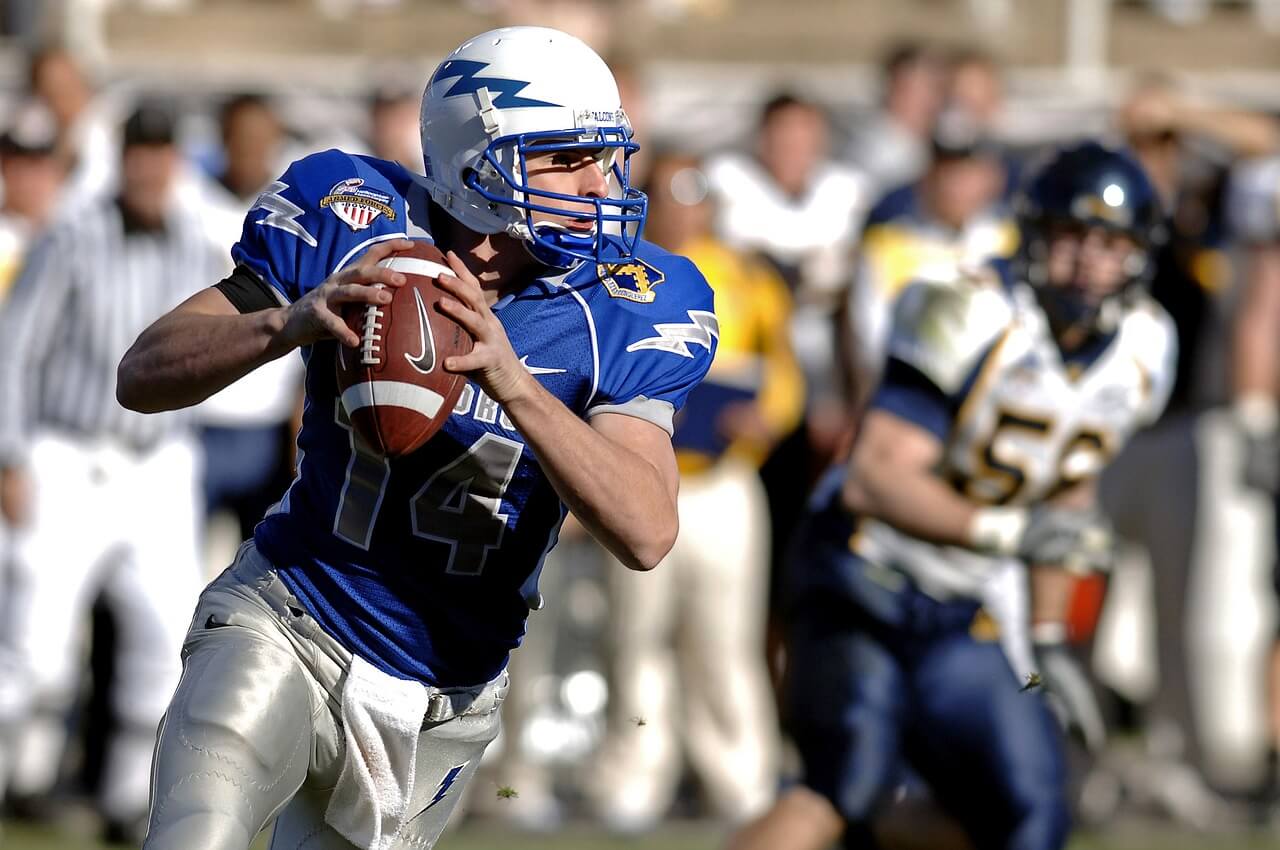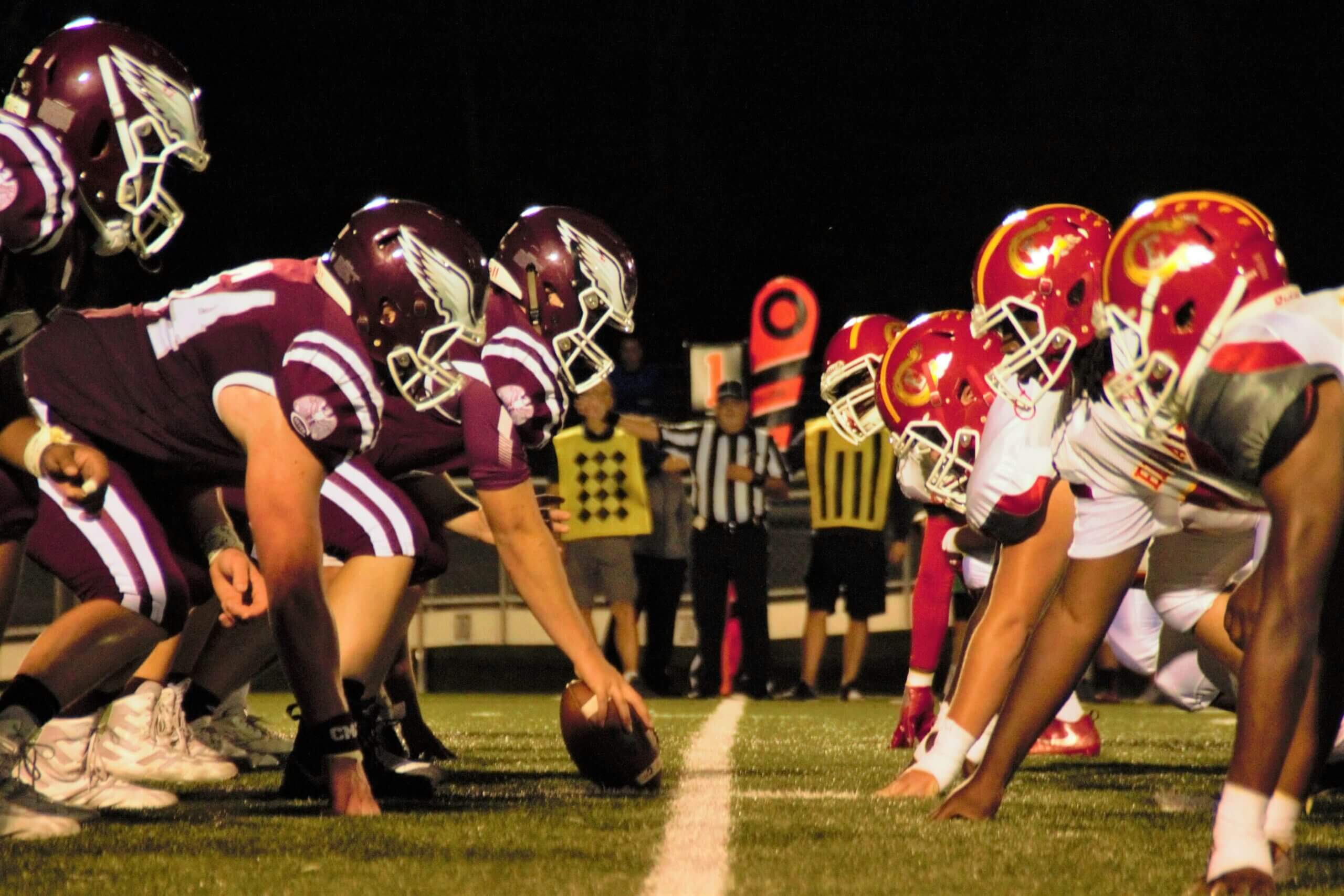American football, a sport revered for its strategic depth and physical intensity, demands more than just talent. It requires dedicated training, a deep understanding of the game, and an unwavering commitment to improvement. Whether you’re an aspiring professional or a passionate amateur, refining your skills and enhancing your physical fitness can significantly impact your performance on the field. This guide offers practical training tips and strategies to help elevate your game to the next level.
Fundamental Skills Development
Mastering the basics is the foundation of any great football player. Focus on drills that improve passing accuracy, catching reliability, blocking efficiency, and tackling technique. Hand-eye coordination can be enhanced through catching drills with varying speeds and angles, while agility ladders and cone drills boost your footwork and reaction time. Regular practice of these fundamental skills ensures they become second nature during game situations.
Position-Specific Training
Each position on the football field has unique responsibilities, requiring tailored training approaches. Quarterbacks should concentrate on arm strength and accuracy exercises, while wide receivers can benefit from route-running drills and jump training to improve aerial ability. Linemen, on the other hand, need to focus on strength training and explosive power drills to dominate the line of scrimmage. Understanding and executing position-specific training will make you a more effective and valuable player.
Strength and Conditioning
Strength and conditioning are pivotal in football, where physical battles often determine the outcome of plays. Incorporate compound lifts like squats, deadlifts, and bench presses into your routine to build overall strength. Plyometric exercises, such as box jumps and sprint drills, develop explosiveness and speed. Conditioning work, including interval training and endurance exercises, ensures you can perform at your best from kickoff to the final whistle.
Nutrition and Hydration
Optimal performance starts with proper nutrition and hydration. A balanced diet rich in proteins, carbohydrates, and healthy fats fuels muscle growth and recovery. Hydration is equally important; staying well-hydrated prevents cramps and fatigue, allowing you to maintain peak performance throughout the game.

Mental Preparation and Strategy
Mental toughness and strategic understanding are what separate good players from great ones. Develop a routine for mental preparation before games, utilising techniques like visualisation and goal-setting to enhance focus and confidence. Studying game film helps you recognise patterns, understand opponents’ tendencies, and improve your decision-making on the field.Recovery and Injury Prevention
Recovery is an essential part of training, allowing your body to heal and grow stronger. Prioritise post-training recovery methods such as stretching, foam rolling, and adequate sleep. Adopting preventive measures, like proper warm-up routines and wearing appropriate protective gear, reduces the risk of common football injuries.Off-Season Training
Maintaining fitness and skill during the off-season is crucial for continuous improvement. Balance is key; while it’s important to stay active and engaged with training, allowing time for rest and recovery prevents burnout and ensures you’re ready for the next season.Leveraging Technology
Modern technology offers valuable tools for training and performance analysis. Use performance tracking apps to monitor your progress and video analysis software to critique and refine your technique. These resources provide insights that can lead to significant improvements in your game.Conclusion
Improving your game in American football requires a multifaceted approach, focusing on physical fitness, skill development, mental preparation, and strategic understanding. By incorporating these training tips into your routine, you’ll set yourself on a path to becoming a more effective, resilient, and intelligent football player. Remember, greatness is achieved through persistent effort, dedication, and a never-ending desire to be better. Embrace these strategies, commit to your training, and watch as your performance on the field reaches new heights. Let PIWI247 be your partner in achieving football excellence, providing you with the support and insights needed to excel.Frequently Asked Questions (FAQs)
How Often Should I Train for American Football to See Improvement?
The frequency of your training should balance intensity with adequate recovery. A structured schedule of 4-5 days per week allows for focused skill development, strength, and conditioning while also providing necessary rest. Remember, consistency over time is key to seeing improvement, so tailor your routine to match your fitness level and objectives and adjust as you progress.
What's the Best Way to Improve My Speed for American Football?
Improving speed involves a combination of strength training, plyometric exercises, and sprint drills. Focus on lower-body strength exercises like squats and deadlifts to build power. Incorporate plyometrics, such as jump squats and box jumps, to enhance explosiveness. Regular sprint drills, including interval training and agility ladders, will directly translate to increased speed on the field.
Can Watching Football Games Improve My Understanding and Performance?
Absolutely. Watching games can be incredibly educational, offering insights into team strategies, player positioning, and decision-making under pressure. Pay attention to players in your position; observe their movements, choices, and how they react to different situations. Analysing games enhances your football IQ, helping you make smarter plays and anticipate the actions of opponents.
Is a 35-year-old sportswriter who enjoys walking, jogging, and other physical sports. He started in different blogging platforms and is now a guest blogger for PIWI247. He loves basketball the most. Follow him on Quora today.


